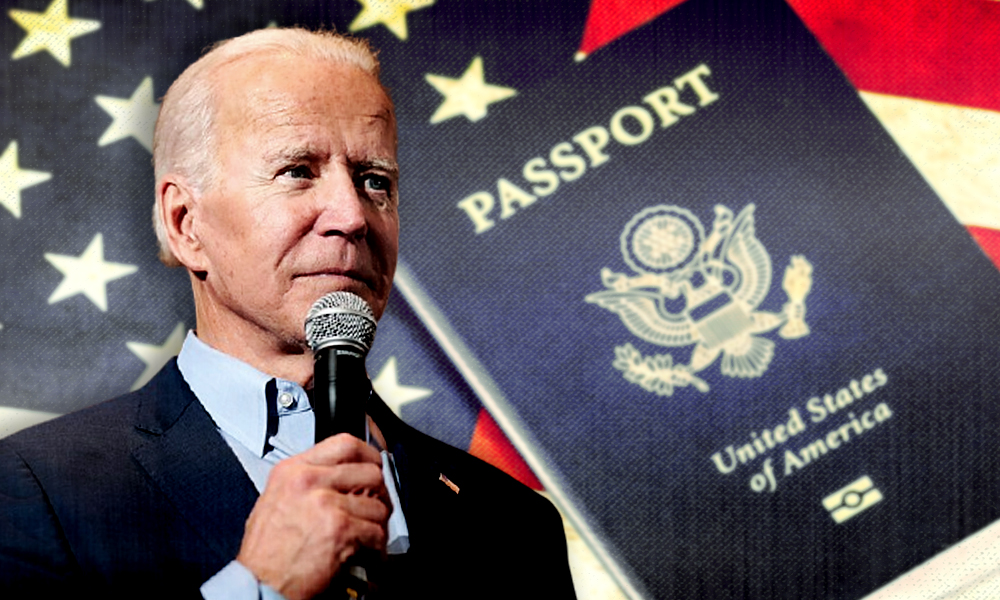Japan and US Commit To Deepening Ties To Aid International Cooperation
The phone call on the morning of Jan. 28 between Prime Minister Suga Yoshihide and Biden lasted for about 30 minutes. The leaders had previously spoken in November, though this was the first time since Biden officially took office.
In the discussion, both leaders affirmed their commitment to strengthening the Japan-U.S. alliance and cooperating closely to realize a “free and open Indo-Pacific.” The prime minister welcomed the new administration's policies, such as rejoining the Paris agreement and rescinding the withdrawal notice to the World Health Organization.
Donald Trump's former Republican administration, with which the previous Abe Shinzo administration built an intimate relationship, turned its back on multilateral and international cooperation and instigated conflict with China. The transition to Biden's Democratic administration signals a fundamental shift in U.S. foreign policy.
The Japanese government should wholeheartedly support America's return to international cooperation and work with others to help resolve issues facing the international community, such as climate change and the COVID-19 pandemic.
Biden has also called for the restoration of alliances. If by this he means that America will rid itself of unilateralism and promote international cooperation, then this should be welcomed.
For Japan, this could imply an increase in the financial burden of U.S. forces stationed in Japan (i.e., the Omoiyari Yosan) and strengthening the role of the Self-Defense Forces. Careful assessment and management of this situation is needed.
Japan pays an average of 189.3 billion yen annually for the U.S. forces stationed in Japan, though the previous U.S. administration reportedly sought to have that annual average quadruple — to $8 billion (around 840 billion yen).
That said, all expenses included, such as rent for U.S. military facilities and subsidies on military bases, the total annual amount of Japan's financial burden amounts to 800 billion yen. Japan is not obligated to bear this financial responsibility under the U.S.-Japan Security Treaty, and I hope that in future discussions, the reality of this excessive burden for the Japanese side can be delicately explained.
Projects such as the mass purchases of expensive American-made weapons like F35 fighter jets and the construction of the new U.S. military base in Henoko in the city of Nago, Okinawa Prefecture, should be reviewed, given that the change of administration has presented the opportunity to do so.
China has seen a notable rise, militarily and economically, and what kind of relationship is best to have with that country has continued to be a difficult problem for both the U.S. and Japan for some time.
In the phone call, the president reaffirmed that Article 5 of the U.S.-Japan Security Treaty, which establishes America's defense obligations to Japan, applies to the Senkaku islands and Okinawa Prefecture.
While it is necessary for Japan to be determined to protect its territory with the support of U.S. military power, it is also essential to avoid intensifying any conflict that could lead to unforeseen circumstances. I would like to see resources spent on a foreign policy that fosters trust among the countries concerned and leads to regional stability.

